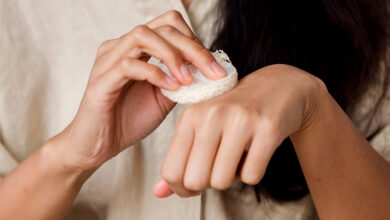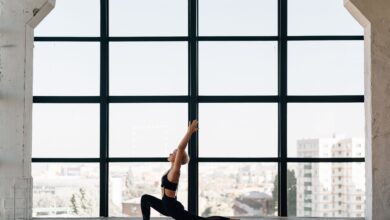Catch some shut-eye with these 10 tips for better sleep
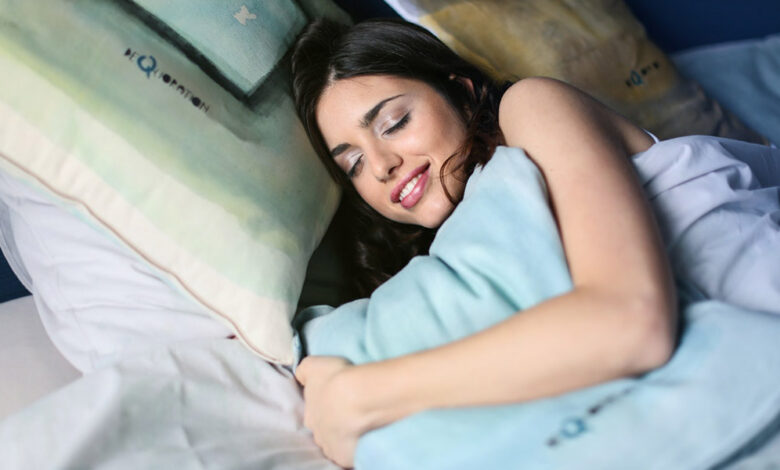
There’s nothing worse than lying awake in bed after a hard day’s work. Tossing and turning fruitlessly, seeking the elusive prize of restful sleep.
Checklist have collaborated with Xlear and Dr Karina Patel from The London Sleep Centre to bring you 10 top tips to help you consistently nod off.
1. Bedtime brews can keep you awake
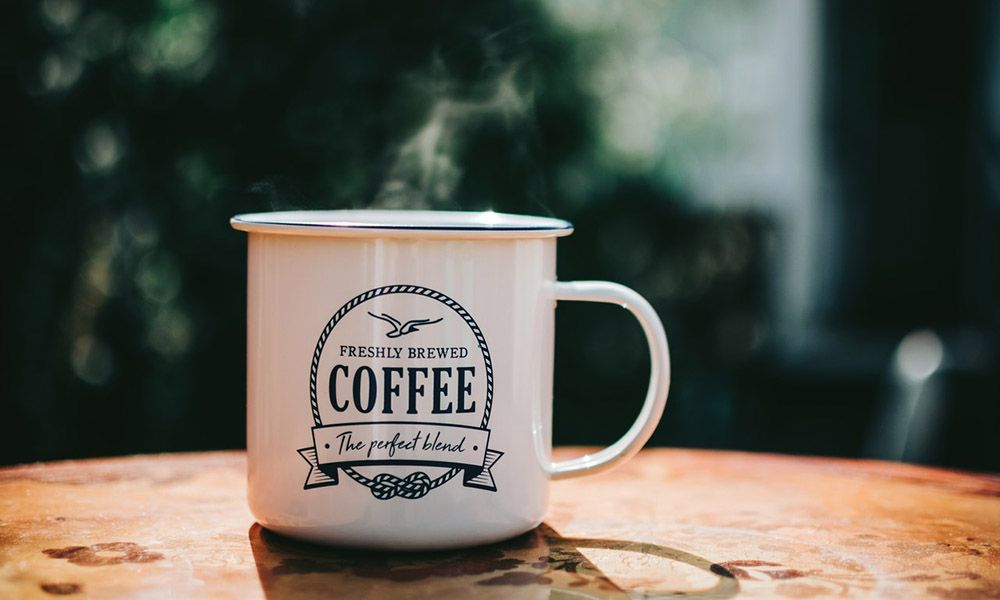
A hot cuppa might seem like the perfect bedtime drink, but the caffeine in both coffee and tea acts as a stimulant and can prevent you nodding off easily.
It is recommended that you reduce overall caffeine consumption and particularly a few hours before you plan on getting to sleep.
2. Don’t drink alcohol at bedtime
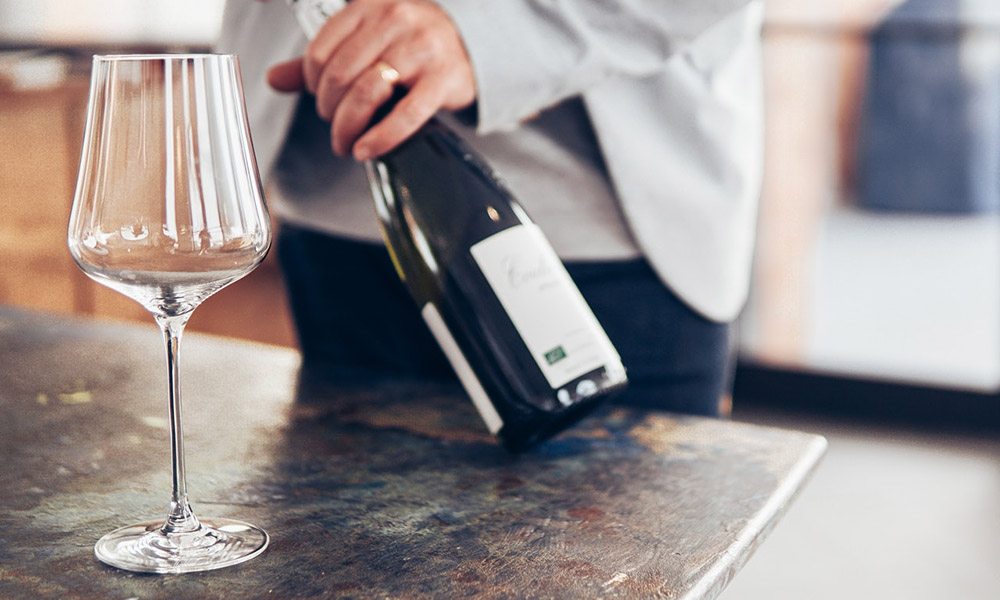
Alcohol decreases overall sleep quality via a variety of different mechanisms. It acts as a central nervous system depressant, but is short-acting, meaning it can cause insomnia. So, although you may fall asleep quicker, it may not last for very long and you may wake up frequently.
Have your last tipple a couple of hours before bedtime to give your body more time to normalise before sleeping. Alcohol also triggers inflammation, causing the soft tissue lining in the airway to swell up to constrict the airspace. This can mimic, or worsen, symptoms of sleep apnoea and can cause snoring.
3. Keep your bedroom well-ventilated
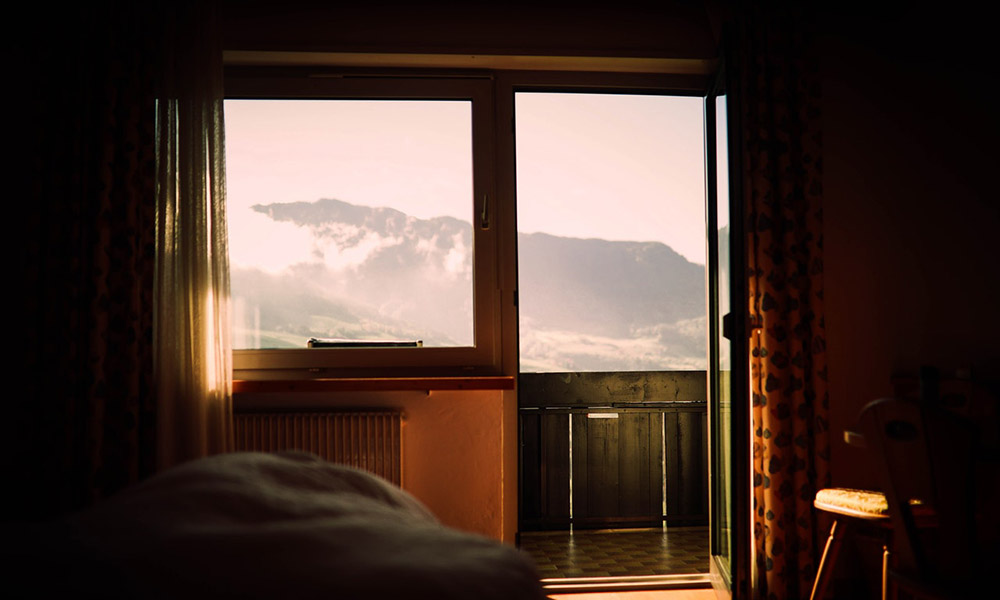
A hot, stuffy room will work against your body’s natural drop in temperature when you are sleeping.
Try to make sure you’re not covered in too many blankets and clothes to maintain constant rest and prevent you from waking up unnecessarily.
4. Wash bedding regularly
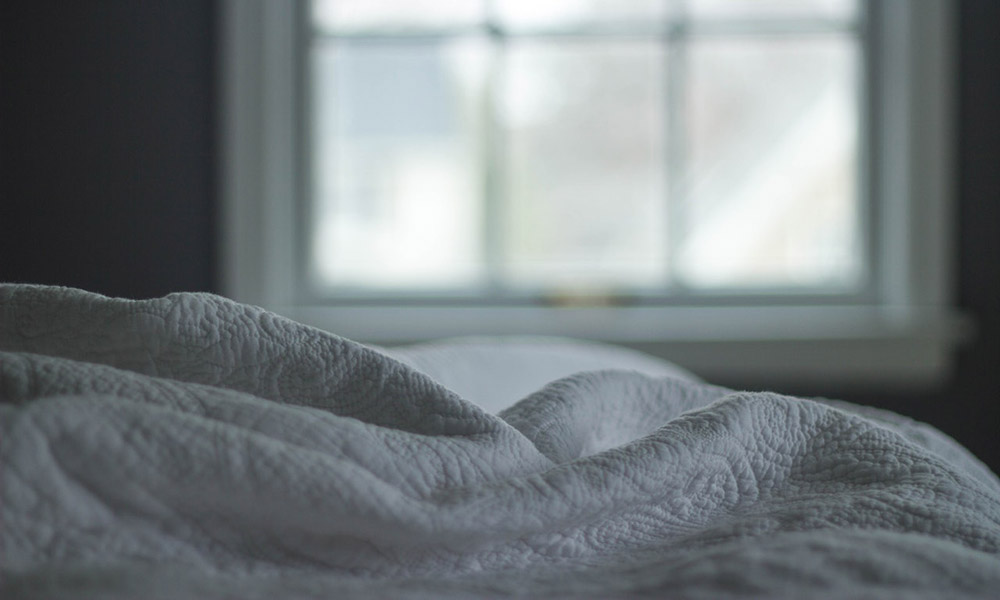
Putting your bedding through a hot wash will kill dust mites, which are linked to allergies that can stop sufferers getting a good night’s sleep.
It also feels great to slide into fresh sheets, increasing your enjoyment of being in your bed and making you look forward to the end of the day.
5. Leave phones out of the bedroom
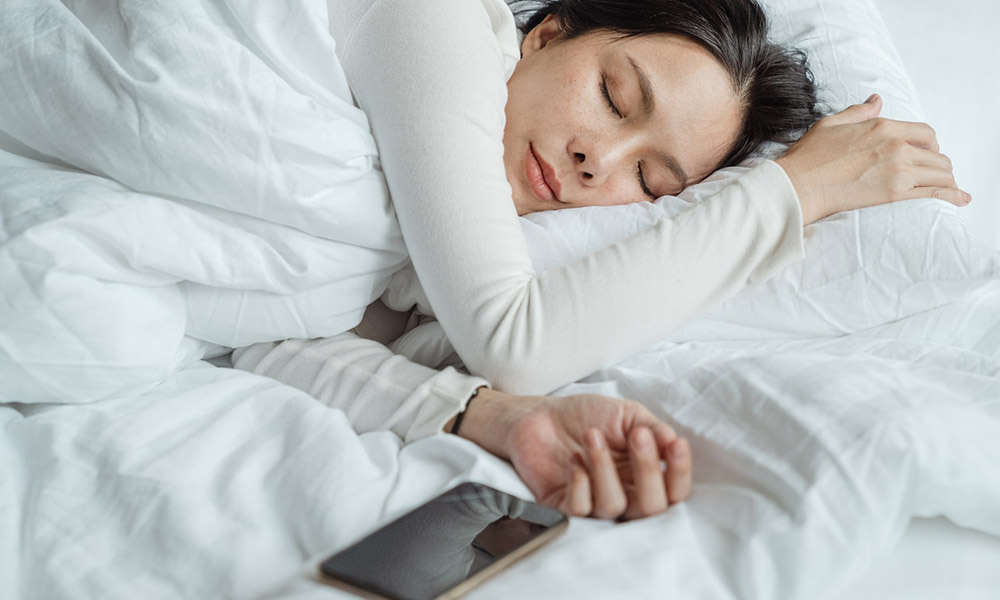
Aside from online content stimulating your brain when you should be winding down, phone and tablet screens emit blue light and electromagnetic waves that can hinder sleep.
It is recommended to gradually reduce your tech consumption as the end of the day draws closer. Try reading a book or having a conversation with family members in the late evening.
6. Don’t let your pillows hinder your shut-eye
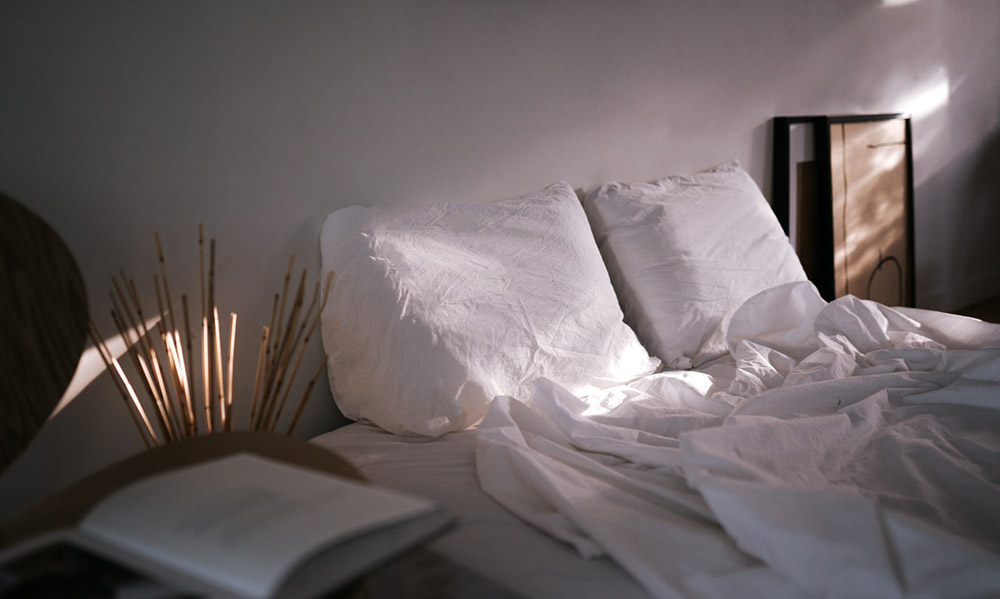
Your spine should be well aligned, so choosing a pillow that keeps the spine as straight as possible will help. Also make sure you aren’t using a pillow that tilts in your head, closing off your airway.
Finding a comfortable and reliable sleeping position and arrangement can help you get to sleep quicker. Make sure you make note of the body position and arrangement of pillows and blankets when you get to sleep well so that you can replicate it consistently.
7. Breathe through your nose
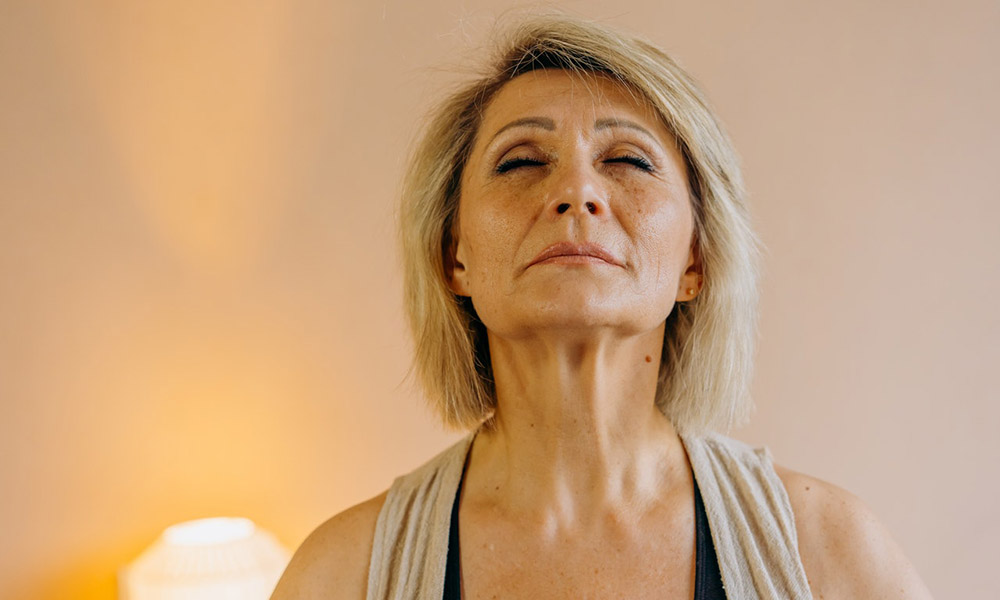
Mouth breathing closes the throat, which can lead to the vibration of the soft tissues of the airway, which is usually the throat. It can also dry out your mouth, leading to great incidence of viruses and bacteria lodging in the throat.
Finally, it can lead to too much carbon dioxide loss; one of the main gases that regulates how much air you take in. When the balance is incorrect, mucus is produced to slow breathing down. Unfortunately, this leads to a greater carbon dioxide imbalance and the cycle repeats itself with more mouth breathing. Balanced carbon dioxide levels are needed for brain and muscle function.
8. Snoring and sleep apnoea can inhibit a good night’s sleep
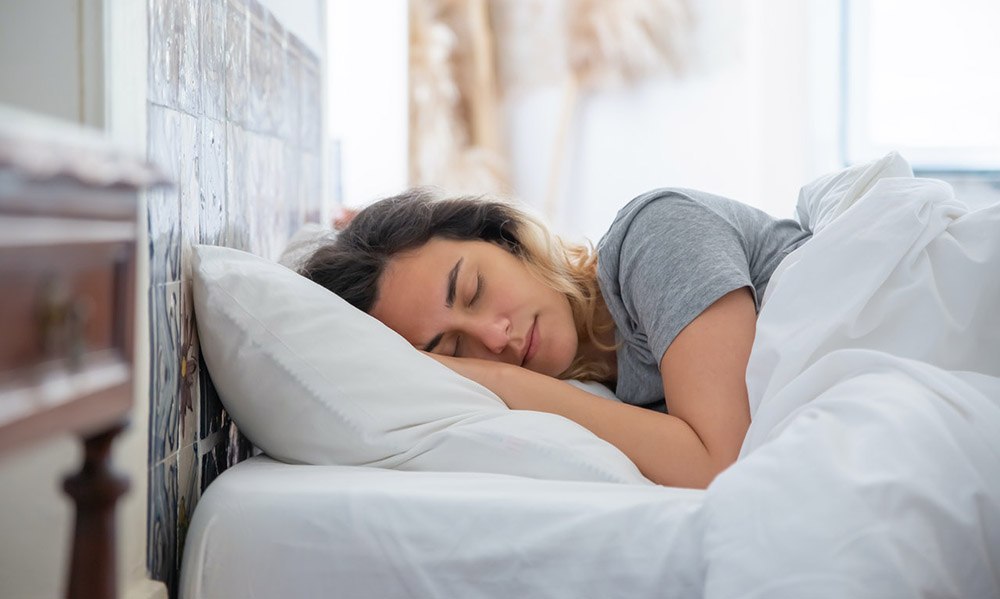
Snoring can be another result of mouth breathing but also caused by blocked nasal passages. Sleep apnoea is the repeated cessation of breathing during sleep when the airway is partially, or fully, obstructed.
It is normal for this to happen up to five times a night. Try using a smartphone app to give you a clearer picture of what happens when you fall asleep.
9. Practice Buteyko breathing

Particularly good for people who regularly suffer from blocked noses, it uses nasal breathing, breath control and breath-holding to help clear nasal passages.
Originally designed to alleviate the symptoms of asthma, Butyeko breathing can have positive effects on our bodies regulation of breathing and reduce sleep interruption.
Find out more at youtube.com
10. Open up your airways
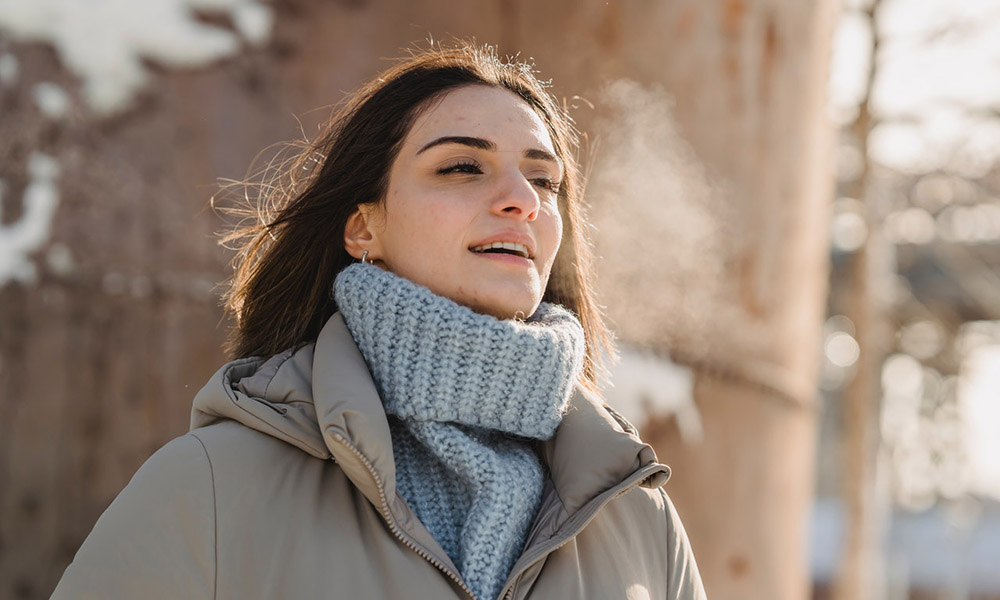
There are nasal strips or cones to help open up the nose, while oral appliances can hold the jaw in a more forward position to open up the throat. Also try Xlear Nasal Spray.
It is 100% natural and safe, containing xylitol, which has natural anti-bacterial qualities. Research shows that people who regularly use Xlear are at a significantly lower risk of contracting respiratory infections.
Find out more at xlear.com
This article was made in collaboration with Xlear, the producers of Xlear Nasal Spray.
To see your company in any upcoming features we are arranging please email laura@hurstmediacompany.co.uk or editorial@hurstmediacompany.co.uk


